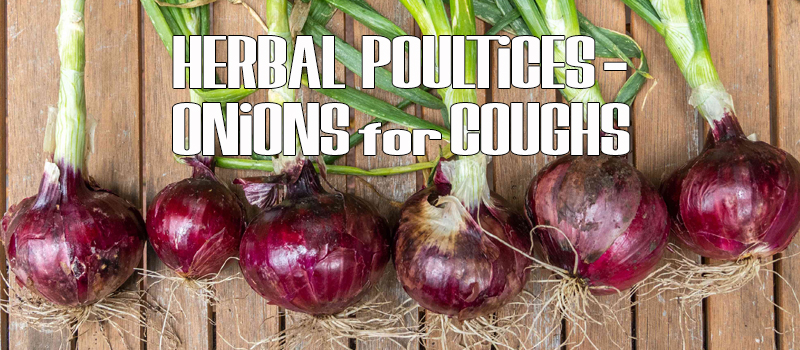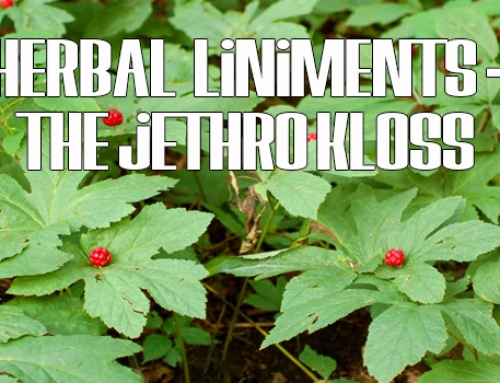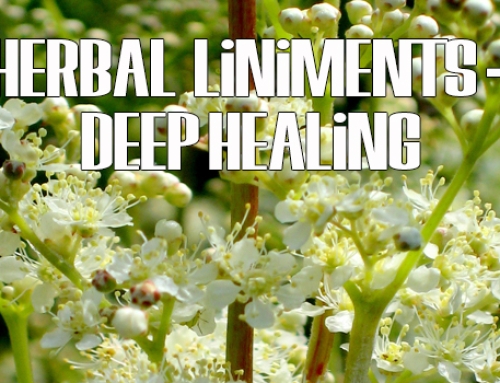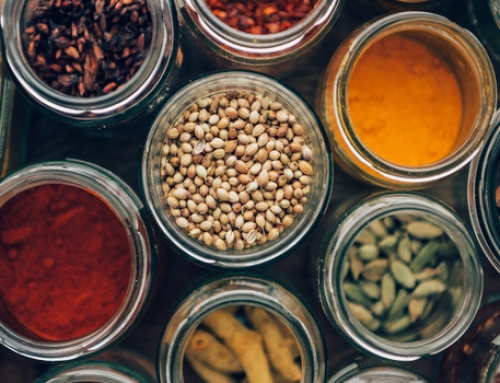How To Make A Poultice
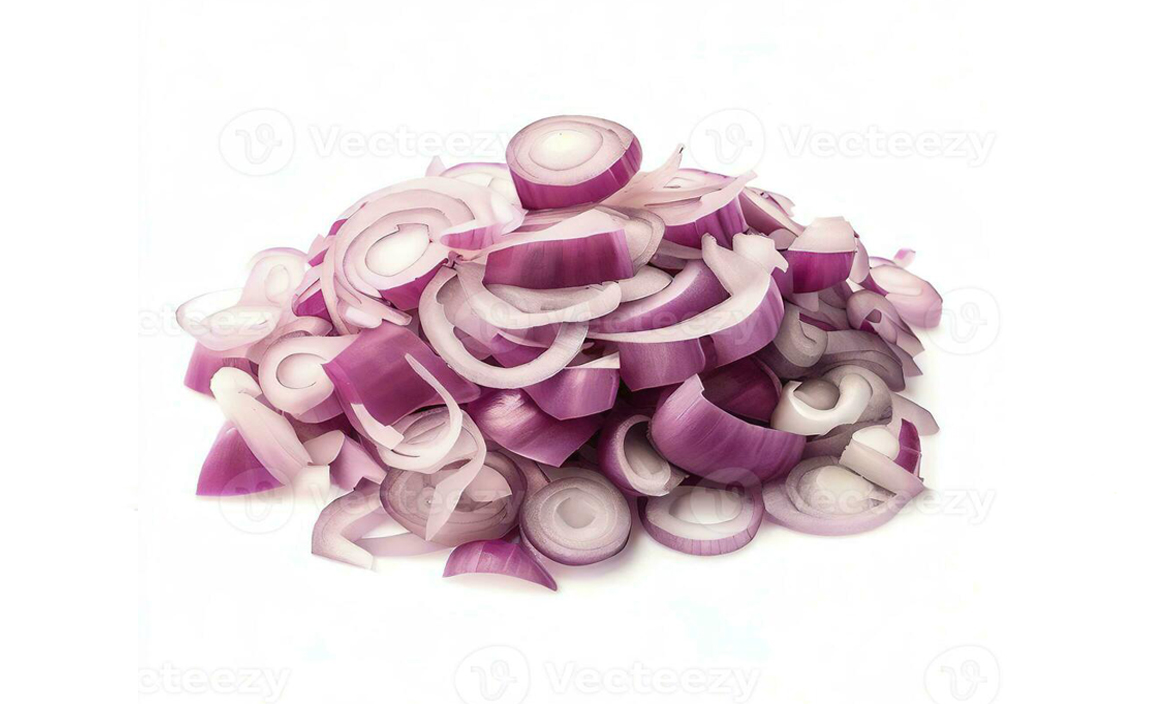 A poultice was traditionally made by placing fresh plants or natural substances directly on the affected area. As always you have to match the appropriate plant or substance to the particular condition.
A poultice was traditionally made by placing fresh plants or natural substances directly on the affected area. As always you have to match the appropriate plant or substance to the particular condition.
Disclaimer: Please remember that these are general remedies. For acute or serious chronic cases, you may need to work with a practitioner.
There is another preparation method: gather an herb or natural substance, mix it with water and make a paste to put on the affected area. You will hold this paste in place with a cloth. There are multiple benefits from this type of poultice.
Most of us already have the ingredients for a basic poultice, yet may not know how to make one, or what some of the benefits are.
In general, follow these basic steps. Remember: assess the condition and if you need to seek medical attention for something serious, do not hesitate to do so.
Instructions
- Slice two 1/4 inch slices from a medium sized onion.
- In a pan with a little bit of water warm the onions up for just a couple of minutes.
- Put them in a washcloth, a tea towel folded in half lengthwise, or square of clean cotton fabric.
- Make sure the onions are just warm, not hot.
- Place the slices side by side on the upper part of the chest.
- Leave the slices there, covered, for 20 minutes.
- Remove, dry the area, and cover up with warm comfortable clothing.
Ingredients to Put Together
- Fresh onions
An onion poultice is easy to make, effective and very inexpensive. It is a wonderful traditional home remedy for bronchial infection. Onion juice is an expectorant. When absorbed into the chest and the bronchioles, it loosens mucus and subdues inflammation.
Use a warm onion poultice if someone has a hard time breathing, has an upper respiratory infection, a sinus/upper respiratory infection, or a serious cough with mucus. Onion poultices work for lingering coughs that do not seem to fade away. Actually, onions contain vitamins and minerals like quercetin, which helps enhance immunity.
Onions are high in Sulphur and are antibacterial. If you have very sensitive skin on your chest this remedy may not work for you because it may irritate your skin. Use your best judgement.

